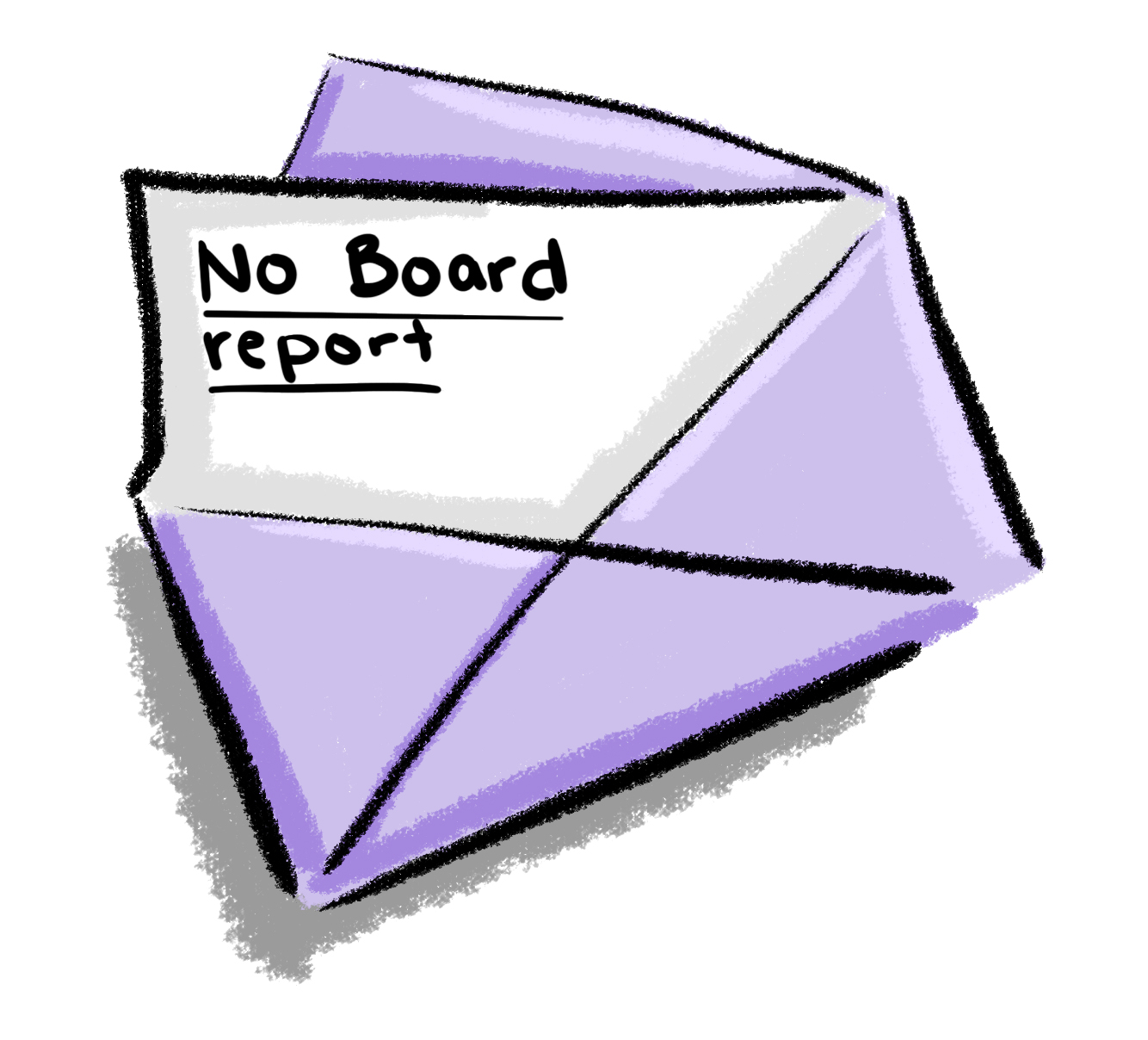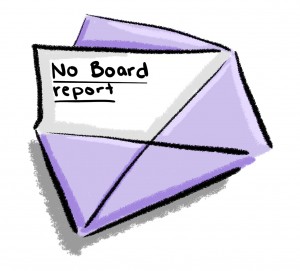WLUFA files for no board report on behalf of the CAS


As a next step in the contract negotiations for Contract Academic Staff (CAS) the Wilfrid Laurier University Faculty Association (WLUFA), which represents CAS, has requested a No Board report from the Ontario Ministry of Labour. WLUFA has been in negotiations with Wilfrid Laurier University since May and met with a conciliator on Oct. 23 and Nov. 4 to continue discussions.
The No Board report has yet to be approved, but the request means that in approximately 20 days the CAS will be in a legal position to strike.
“It’s really important to understand that this is part of the bargaining process,” explained Kevin Crowley, acting assistant vice-president of communications, public affairs and marketing. “It usually happens here at Laurier that we go to this point.”
This puts pressure on both sides to come to an agreement and, as Crowley noted, this generally leads to a mediator being brought in to help with negotiations within the 20 day period.
“We were surprised that WLUFA thinks there was an impasse,” said Crowley. “From our perspective, both sides were making progress with the help of the conciliator and we think that a deal can be reached. So the university would definitely like to get back to the bargaining table and keep talking.”
Crowley emphasized that the university is focused on getting back to the table to continue discussions. But the university, he said, is taking into consideration the fact that if no agreement is met by the end of the 20 day period, CAS can choose to strike.
“Realistically, we want to assure students that if the Contract Academic Staff do choose to go on strike, the university will do everything it can to communicate with students, to limit the impact of any kind of job action on classes, assignments and exams.”
In terms of the bargaining that has been going on since May, Crowley commented he thought it had been productive as well as in terms of the conciliation.
“We thought that there was a deal there – both sides have to keep talking to reach a deal. The talks have been productive all along so we’re hopeful that we’ll get back to the table, we’ll start those again and we’ll reach an agreement that everyone can live with.”
Herbert Pimlott, communications director for WLUFA, explained the reasoning WLUFA had for making the request.
“During conciliation the message we heard at the table was that they were not interested or willing to move from their current position,” said Pimlott. “So that meant, at least in the conciliation process, there was no point continuing.”
He also pointed out that employers are able to lock-out their employees, meaning that they will close the workplace so employees can no longer come in to work.
“While [the university] never mentioned that, that is a possibility.”
Pimlott also expressed the concern he felt over a press release the university published on the Laurier website on Nov. 7 about WLUFA’s decision to request a No Board report.
“I understand back in 2012 in February and March they started emailing students before and after reading week and this caused a lot of undue stress and anxiety among students,” he said, referring to the negotiations that occurred between the university and WLUFA in 2011/12.
“We will be disappointed if they start doing this again because it’s part of the process,” Pimlott continued.
He emphasized that students should know a request for a No Board report is not unusual.
“Don’t let it interfere with your studies. You’re not going to lose a semester. We’re doing what we need to do.”
Even if an agreement is not met by the end of the 20 day period, CAS may not strike.
“Strikes are not something that people engage into lightly at all,” Pimlott said. “They are very much a last resort.”
As of now, no meetings have been scheduled for the two sides to continue talking.


